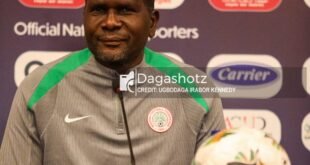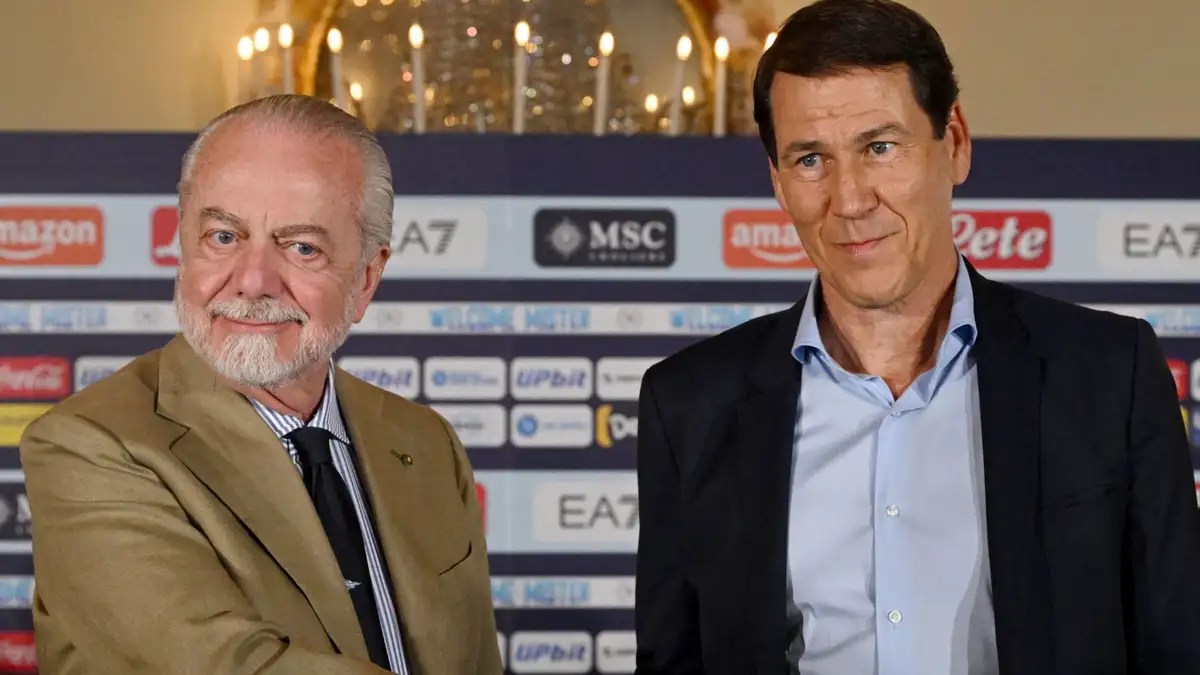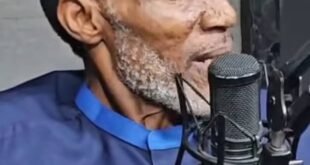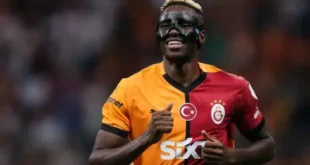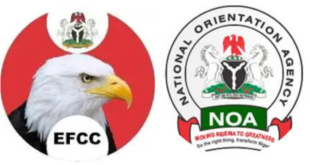As the dust is established in Nigeria’s historic double victory in the IFAF African flag soccer championship in Cairo, a pressing question now resonates throughout the continent:
Who really represents African flag football and who gave them the authority to decide?
Despite an electrifying performance of the Nigerian teams, which saw the male edge of Egypt 13-12 and women dominate Morocco 26-12, the consequences have been anything but celebration for all interested parties.
Read also: Queen of the continent: Anuoluwapo Bello takes Nigeria to the historic Gloria de Fútbol de la Flag in the first continental championship in Africa
What was destined to be a unifying milestone for sport in Africa has exposed deep fractures, particularly in Nigeria, where athletes and investors question the legitimacy of the power structures that are being formed.
A victory wrapped in silence and control
Multiple athletes who participated in the Cairo Championship have raised private concerns about emerging rhetoric within the team’s communication channels. A worrying narrative has rooted:
“We are the ones who take Nigeria to Cairo. If you are not in our league, we do not expect to play for the national team.”
These types of comments have alienated other private investors and leagues, some of which have made significant contributions to the growth of sport, including the construction of the first standard stadium of the Africa flag, developing youth programs, facilitating scholarships and launching international associations.
His question is now urgent and direct:
Why global stakeholders such as NFL and IFAF recognize only a private body in Nigeria while ignoring other groups that have a substantial impact?
The big question for NFL Africa and IFAF
The presence of NFL expanding in Africa, particularly through the initiatives and associations of NFL Africa with IFAF, has been widely welcome. But now, many inside the Football Ecosystem of Nigeria are asking:
Who is the official NFL representative in Nigeria?
On what basis has this individual or organization supported?
Why is only an interested party being committed, when multiple bodies are actively developing sport?
The NFL supports the exclusion practices that limit the participation of the national team to members of a single private league?
Similarly, the recent position of IAFA, encouraging other interested parties to “write Nafa if you want to speak”, has raised serious concerns about transparency and neutrality of international participation.
“Africa is bigger than any league. If NFL and IFAF take the development of this sport throughout the continent, why are they encouraging the division?” An anonymous league official said.
Olympic moment at risk?
With the flag football that will debut at the 2028 Olympic Games in Los Angeles, bets have never been higher. Nigeria, home of some of the most talented players in Africa, runs the risk of being undermined by the internal division fed by external favoritism.
It is not just a tournament or title. This is the future of the flag football in Africa, who can shape it, who can play in it and if the NFL and IFAF are really committed to a fair and inclusive development.
A call for clarity
The global flag soccer community is looking.
If NFL Africa and IFAF will be credible administrators of the growth of sport throughout the continent, these questions must be answered urgently:
Is there a single guardian to mark football in Nigeria?
Will other private stakeholders continue to be marginalized despite their obvious contributions?
Or this moment in Cairo will become a turning point for a new and unified vision, one that honors merit, transparency and equal opportunities?
Until these questions are addressed, Nigeria’s gold medal can shine, but the foundations under it remain unstable.
Publication views: 2
 JamzNG Latest News, Gist, Entertainment in Nigeria
JamzNG Latest News, Gist, Entertainment in Nigeria
